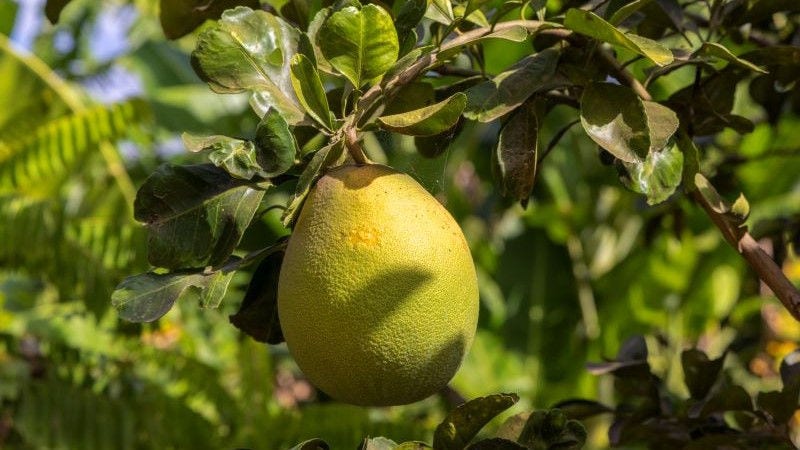As an economy primarily anchored in agriculture, Cambodia's agricultural sector constitutes an essential component of its GDP, contributing approximately 23% of its total value, according to TheGlobalEconomy.com. The nation's rural landscape features a diverse array of crops, such as paddy rice, maize, cassava, and sugar cane, which serve both domestic and international export markets. Indeed, agriculture profoundly influences the livelihoods of rural Cambodians, who account for approximately 75% of the country's population.
Notably, the breadth of agricultural output in Cambodia extends beyond staple crops. The cultivation of unique therapeutic crops, including eucalyptus, frangipani, and sandalwood, adds to the sector's variety. These products, though not extensively grown, hold considerable market value due to their scarcity and therapeutic properties, particularly in overseas markets such as Europe.
Opportunities for Cambodia's agricultural exports
The global trend towards organic and sustainably produced goods has opened up a potentially lucrative avenue for Cambodian agribusinesses. This shift aligns well with the country's traditional farming methods, which have historically relied less on chemicals, enhancing its potential as an organic food producer.
Rising food demand, both regionally and globally, has also created ample opportunities for the export of Cambodian agricultural products. The country's location in the ASEAN region, coupled with free trade agreements (FTAs) signed with various nations, offers an enviable position to tap into this increasing demand.
Moreover, technological advancements in the agricultural sector have been instrumental in improving the efficiency of farming practices, enabling the industry to produce higher volumes and meet stringent food safety standards. Consequently, Cambodia's agribusinesses have started embracing agricultural technology, gradually transitioning towards a modern agricultural economy.
Key agricultural products and consumption patterns
Cambodia's agricultural sector, notably cash crop farming, forms a substantial part of its economy, constituting 60% of its total agricultural GDP. The industry showcases a diverse array of products that appeal to both local and international markets. The premium rice strains cultivated in the fertile Mekong plains have earned Cambodia a reputation as a world-class rice producer. Additionally, crops like Kampot durian, Kampot pepper, and Koh Trong pomelo, valued for their unique taste and quality, have secured Geographic Indication (GI) status, validating their distinct origins and production methods, as evidenced by Khmer Times.
Cambodia's agricultural sector does not cater solely to local demands. As mentioned earlier, it has seen rising international recognition and consumption, particularly within the ASEAN countries, China, India, and Europe. These overseas markets are increasingly shipping Cambodian agricultural products, recognising their quality and sustainability. This recognition is mirrored in Cambodia's export data, just last year, Cambodia exported 8.6 million tonnes of agricultural products to 74 markets, up 7.8 per cent from the 7.9 million tonnes in 2021, as quoted by the Kingdom’s Minister of Agriculture, Forestry and Fisheries Dith Tina.






















